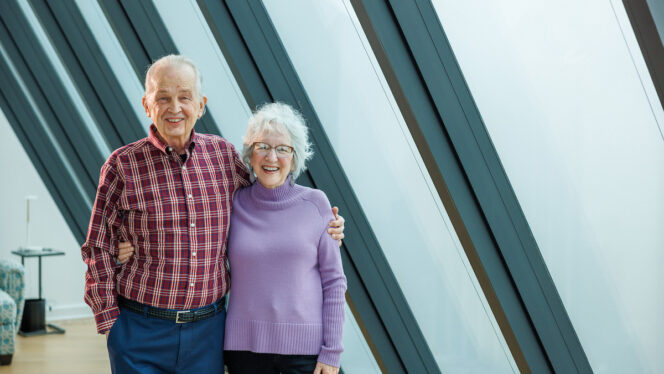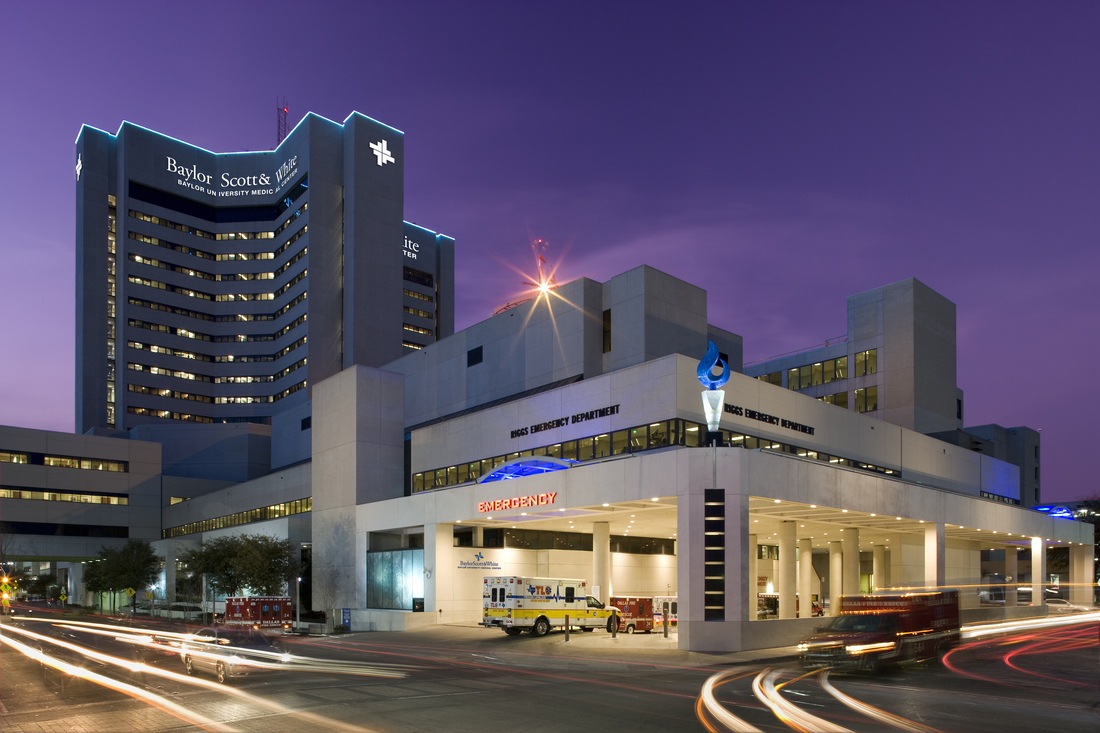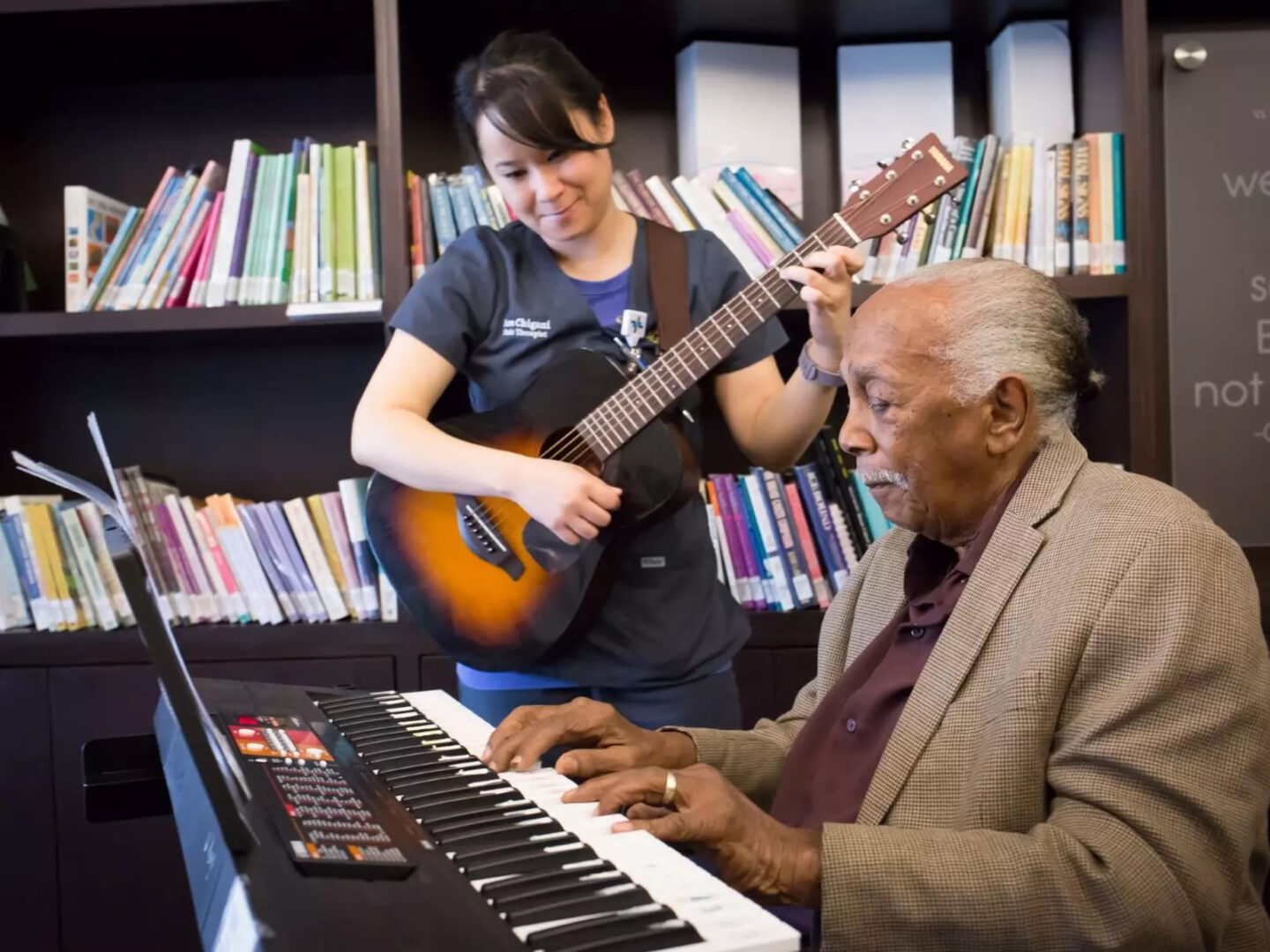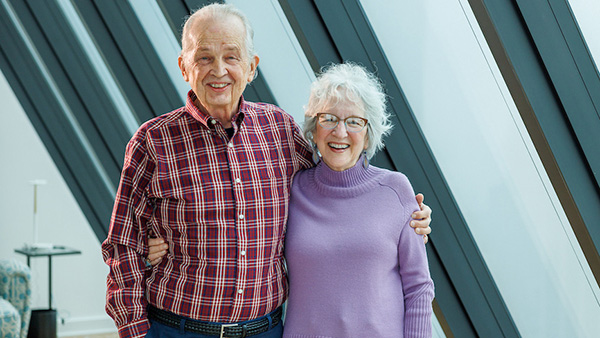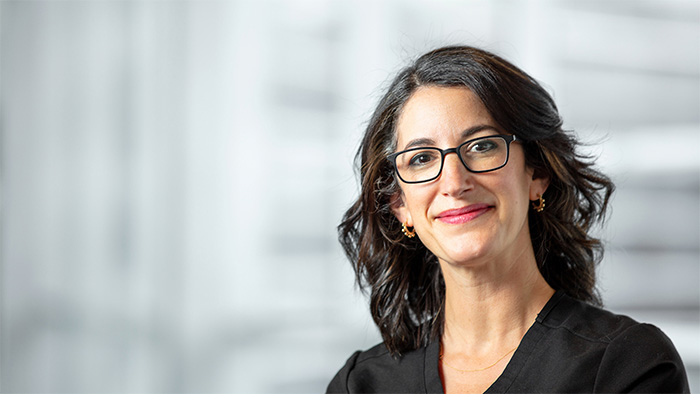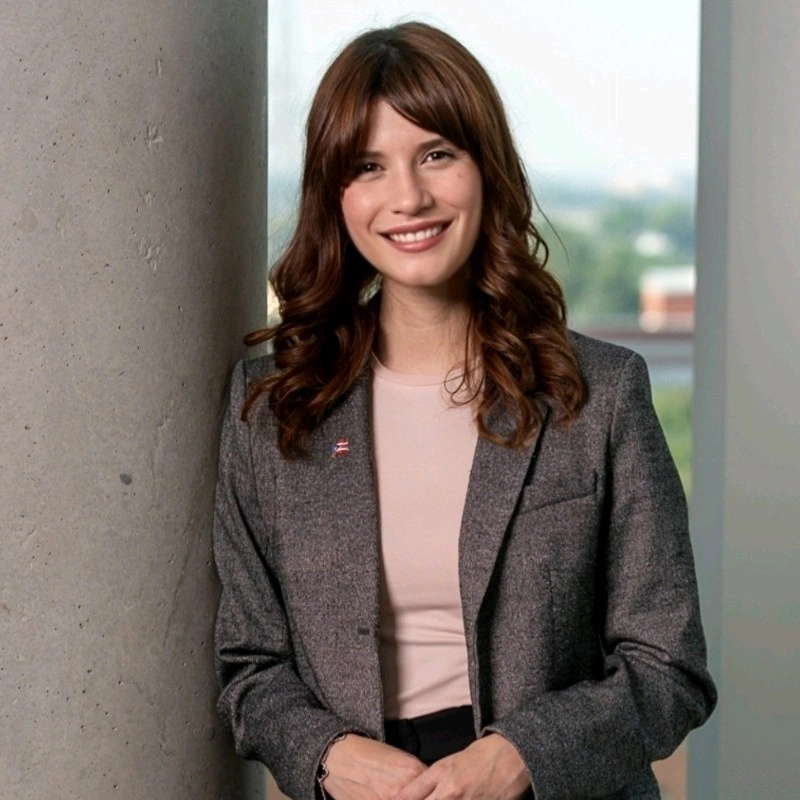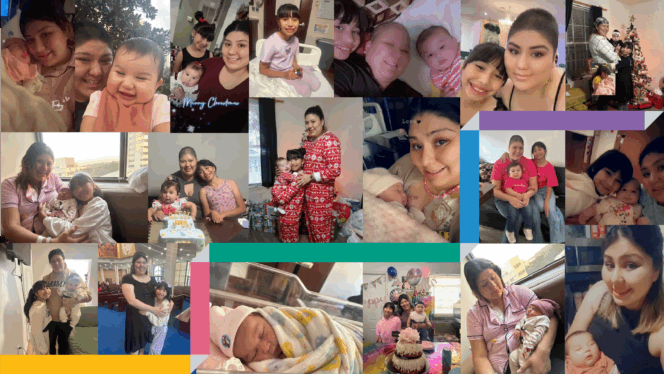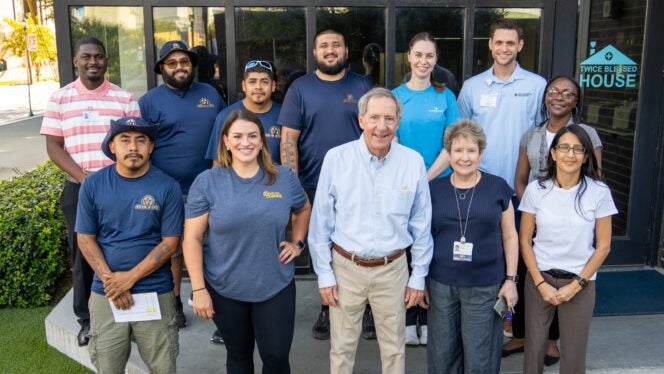In this Article
Medical Director of Forensic Emergency Medicine Emergency Medicine Residency Core Faculty Baylor University Medical Center
In this Article
As medical director of forensic emergency medicine at Baylor University Medical Center (BUMC), Dr. Lauren Fine is leading a team that provides compassionate care to victims of sexual assault, in addition to her role as an emergency medicine physician.
How did you decide to become a physician, and then choose emergency medicine?
Not only did I grow up in a medical family, but I grew up with Dr. Robert Fine as my father, so my household was not traditional! He champions palliative care at Baylor Scott & White, and pioneered much of the current practice around ethics and end-of-life care, achieving national renown for his work.
I was always interested in the work my father was doing, and it seemed like a natural extension to think about going into medicine. Emergency medicine allows me to be a doctor for anyone who needs one. In emergency rooms, you’re also able to help people that don’t have anywhere else to go. I love the work and the patients. I love the breadth of humanity we care for.
“It’s a humbling and privileged thing to get to be an emergency physician. I love what I do.
–Dr. Lauren Fine
How has your personal growth been enhanced by your job?
Physicians, and particularly emergency room physicians, see daily examples of how health disparities impact members of our community. This reality, combined with my desire to help be part of a change—for my patients and for my daughters—led me to areas where I can help impact efforts around diversity, equity and inclusion. Luckily, we had excellent hospital leadership and I got connected to Dr. Tanisha Hamilton, who shared my concern that there was not enough education on health disparities.
Together, we created a lecture series to address topics including racism, sexism and xenophobia and named it after the first Black physician at BUMC, Dr. William F. Larkin. I also began volunteering with the BUMC Diversity Council to focus on minority recruitment and am volunteering as chair of another DEI Council that has provided materials and training to address health disparities in our community and the need for diversification of staff.
It’s also important that we encourage and develop students from all communities who have an interest in serving in the medical profession. Ultimately, we want our staff to be reflective of the communities we serve, so we are getting involved in making future generations of providers.
You are also director of forensic medicine, heading the SANE (Sexual Assault Nurse Examiner) program at BUMC. How does that program help victims of assault?
Having a SANE program means that we’re going to have sexual assault advocates for our patients. When a patient presents in the emergency department, they will be asked if they would like to have an advocate present. Within an hour, a volunteer with special training is dedicated to that patient, starting at the bedside and then staying with them throughout their stay and providing ongoing connection to legal services and mental health counseling throughout the healing process.
We’re also able to provide a quiet, calm, healing space where we can talk to the patient, do evidence collection and provide them with supplies for self-care. These are traumatized patients—so, to me, this is an essential service. We are also working on embedding ourselves in the community working against human trafficking so we can help identify and provide support for victims of trafficking. The team of nurses that have trained to be SANEs are all very passionate. Not only am I so proud of all of them, I am also so proud of Baylor Scott & White for investing in this work.
For more information, contact
Related stories:

$1 Billion and beyond
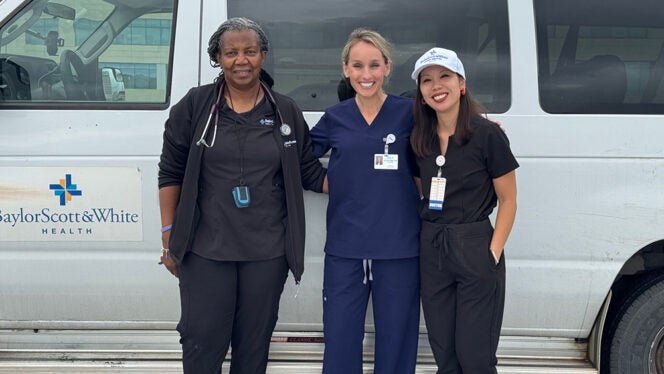
What I learned from a day with Baylor Scott & White’s Street Medicine team
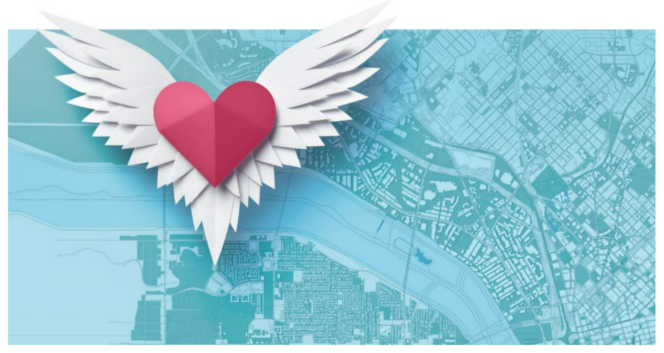
An uplifting gift for North Texans
